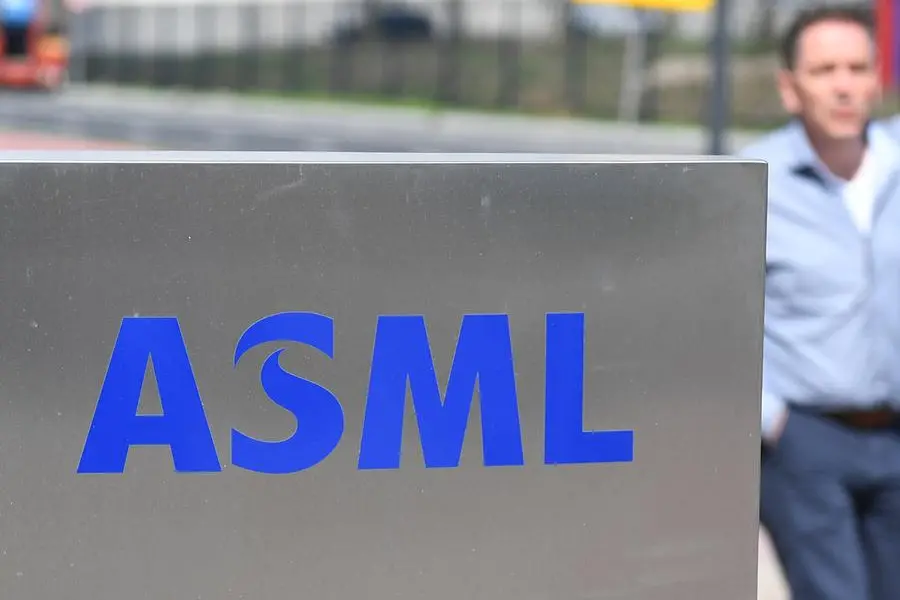PHOTO
Key Dutch semiconductor tech supplier ASML said Wednesday it was probing the embezzlement of confidential information about protected technology by a former employee in China.
ASML, which is one of the world's leading makers of machines that help make microchips, however added that the leak was "not material" to its business.
"ASML recently discovered misappropriation of confidential information by a (now) former employee in China relating to its proprietary technology," the company said.
"We are investigating the matter. Based on our initial findings, we do not believe that the misappropriation is material to our business," ASML said in a statement to AFP.
ASML's announcement comes as a chip war between the United States and China heats up, with the company being at the centre of a recent push by Washington to get the Netherlands and other allies on board with export restrictions.
The United States restricted exports of semiconductor technology to China last year and wants the Netherlands and Japan to follow suit over concerns about its potential military use.
Based in Veldhoven, near the southern Dutch city of Eindhoven, ASML said that "as a result of the security incident, certain export control regulations may have been violated."
It "has reported the incident to relevant authorities... and implementing additional remedial measures in the light of this incident."
The company that "as our industry is becoming more and more strategic, we continue to invest in strengthening our protections against cyberattacks and misappropriation of confidential and proprietary information."
ASML last month urged governments to be "careful" with export controls which could also affect microchips used for everyday purposes such as cars, washing machines, PCs or smartphones.
The company makes the bus-sized Extreme Ultraviolet (EU) machine that prints circuits on microchips at the smallest possible level permitted by current miniaturisation technology.
The technology is listed on a multilateral agreement signed by around 40 countries including the United States and the Netherlands governing export controls on dual use civilian-military technology.
The issue came up when Dutch Prime Minister Mark Rutte visited US President Joe Biden at the White House in mid-January.





















